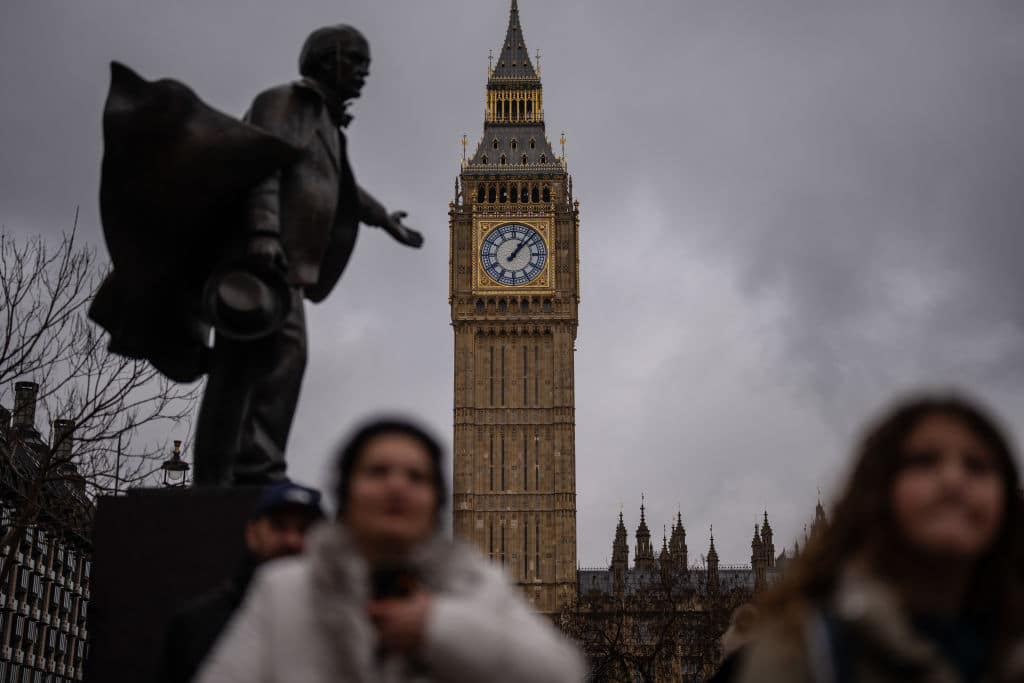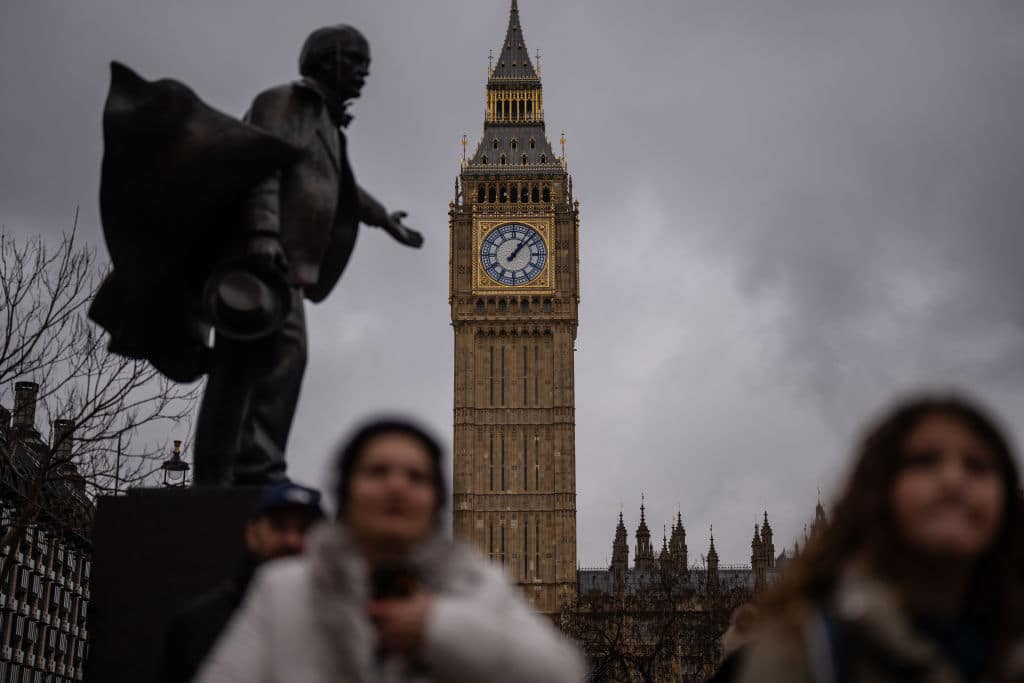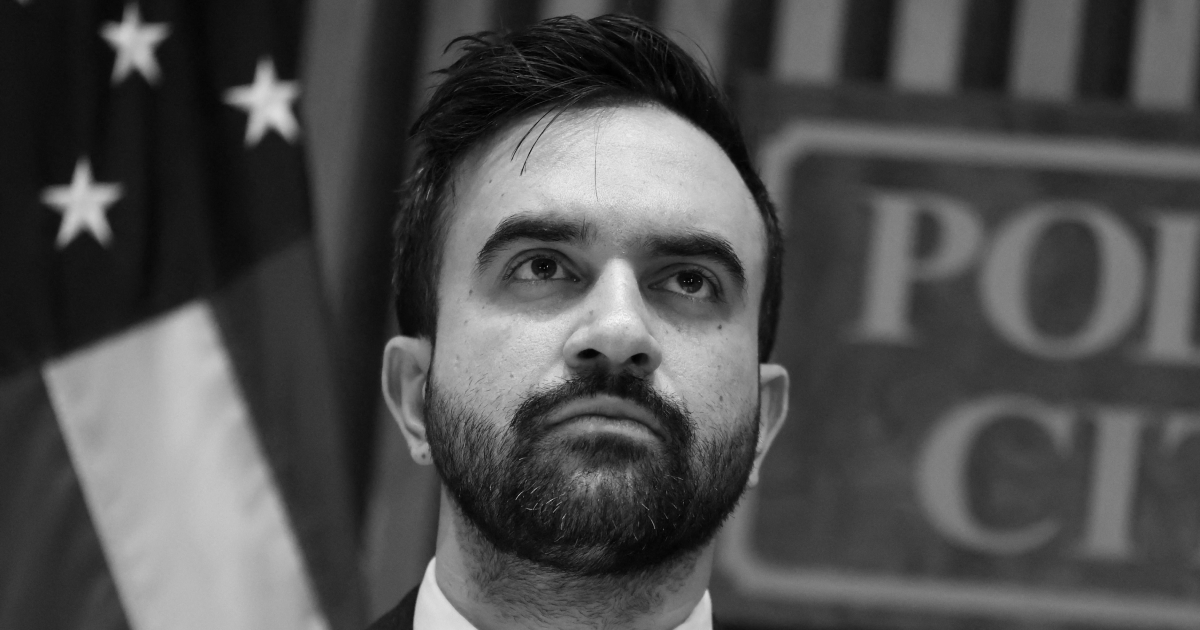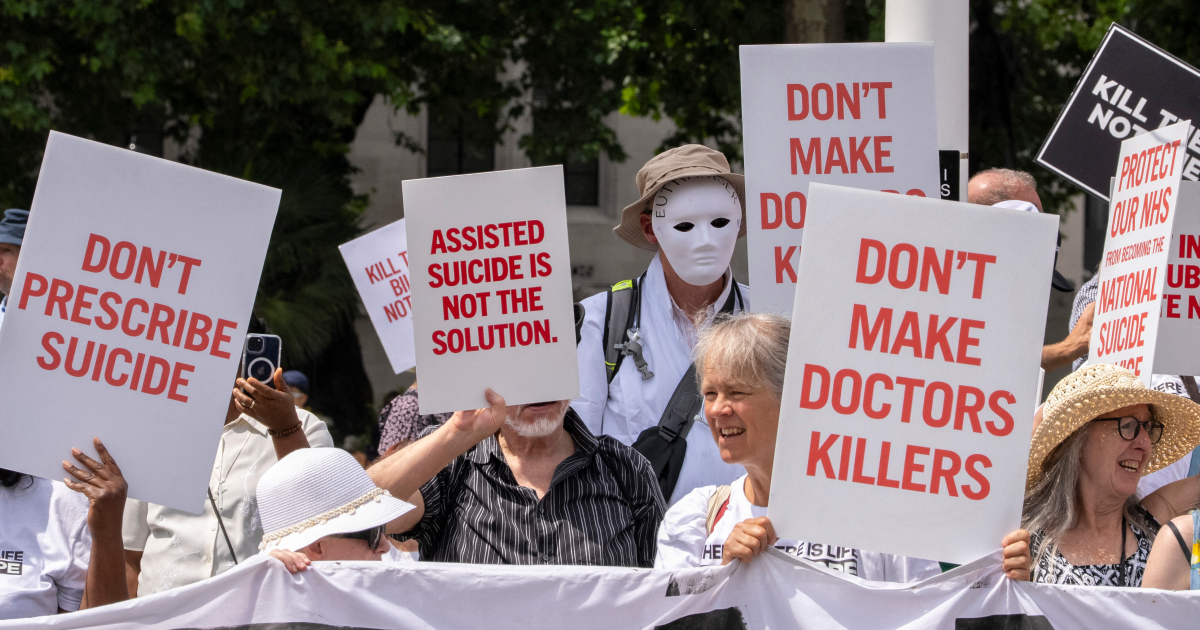Kim Leadbeater has removed a key safeguard from the assisted suicide Bill that she is backing, having previously touted the safeguard as a fundamental feature in the proposed legislation.
Despite facing a backlash against proposals to remove the High Court safeguard from her Terminally Ill Adults (End of Life) Bill, on the afternoon of 12 March, the Labour MP joined other MPs in voting to successfully remove the Court approval Clause (12) from the Bill.
Previously, Leadbeater had offered reassurances that she would not scrap the High Court judge safeguard in her Bill when media first reported that the provision might be in danger of being removed.
Furthermore, in the lead-up to the controversial vote in November 2024 that saw Leadbeater's proposed Bill pass its Second Reading in the UK Parliament, the MP repeatedly highlighted that her Bill has “the strictest safeguards anywhere in the world”, noting that the High Court judge-related safeguard was evidence for this. Its provision in the Bill, along with other proposed "safeguards", was repeatedly positioned by Leadbeater and her allies as a key component of the Bill that should assuage the concerns of its critics.
Then in February 2025, at 10 p.m. the night before the first day of line-by-line scrutiny of the Bill by committee was to begin, and after MPs had returned to their constituencies for the February recess, Leadbeater announced that she would be tabling an amendment to scrap the “safeguard” in the Bill that required a High Court judge to approve assisted suicide applications, reports Right to Life UK.
“Only a few months ago, Kim Leadbeater touted her Bill as having the ‘strictest safeguards in the world’, with the centrepiece safeguard in the Bill being the High Court provision,” says Catherine Robinson, spokesperson for Right To Life UK.
“Despite a major backlash, Leadbeater has now astonishingly gone ahead and scrapped this centrepiece safeguard in her Bill. She has removed the very provision that 60 MPs identified as a key reason for their support at Second Reading.”
Right to Life UK notes that Leadbeater “attempted to position the replacement as ‘Judge Plus’ and was resoundingly criticised for using what many saw as a deeply misleading term”.
Instead of the High Court provision, Leadbeater has proposed that it will be replaced by what has been labelled by some media outlets as a “death tzar” who will oversee panels – dubbed “death panels” – that will include a more junior legal figure, a social worker and a psychiatrist.
Legal experts have been very critical of the new plan, Right to Life UK reports, highlighting what it calls "several major issues" with the new proposed replacement, such as the fact that a social worker and psychiatrist being on the panel will take them away from their frontline work in areas where there are already major shortages.
In January, the Royal College of Psychiatrists revealed that 1.6 million people are waiting for mental health care, where early treatment is often essential and some people are waiting for two years or more for mental health appointments.
A British Association of Social Workers’ survey in 2023 found “adequacy of staffing levels” and “workload demand” amongst the greatest challenges faced by social workers.
Since the announcement that Leadbeater would scrap this key “safeguard” in her Bill, five major national newspapers – Independent, The Times, Daily Telegraph, Daily Mail and Sun – have run editorials that raise serious concerns about the removal of the High Court safeguard.
The Independent has noted that during the Second Reading debate, 60 MPs identified the High Court judge safeguard as an important reason for their support, with a further 20 pointing to the necessity of “judicial oversight”.
At the same time, a number of MPs who supported the Bill have indicated to The Times that they are having second thoughts about voting for the Bill at Third Reading due to the subsequent changes occurring with the Bill.
With the vote passing at Second Reading by a margin of 55, just 28 MPs switching their stance to oppose the Bill would ensure it is defeated at Third Reading.
Right to Life UK notes one Lib Dem MP, who voted for the Bill in November, saying the safeguard was identified “countless times”,.
He said: “One of the most important things to me when I voted for the bill was the inclusion of a High Court judge and during the debate, that was used countless times to allay our concerns. I need to look my constituents in the eye and tell them that the safeguards are still there, and now I’m not sure I’m there."
Lib Dem MP Alistair Carmichael, a former minister who voted for the Bill, commented that he was no longer sure about voting in favour at Third Reading, and he would need to “give it some thought”. Another former minister, Sir David Davis, also said he would study the revised proposals before coming to a decision.
Since the Bill was first put forward, its proposed safeguards – the terminal diagnosis, the judicial oversight, the two doctors – have been roundly criticised as not being fit for purpose by opponents of assisted suicide.
“There are no true safeguards," says palliative-care expert Ilora Finlay on the many dangers of the assisted suicide Bill. "Just vague qualifying conditions.”
The vote at Second Reading was greeted with an outpouring of sadness from Catholic bishops and others who had campaigned vigorously to stop it, while the committee considering the Bill has been criticised by some as being unfairly "stacked" in favour of the Bill.
In April, the Bill will return to the Commons for its Third Reading when MPs will have a second chance to accept or reject the legislation. If they approve the Bill, it will begin its passage through the House of Lord to Royal Assent.If successful, the first legal assisted suicides are likely to take place in England and Wales after about two years.
“This dangerous Bill would place thousands of vulnerable people at risk in the coming years if it is passed,” Robinson says. “Just 28 MPs changing their stance to oppose the Bill would ensure it is defeated at Third Reading. We must now see this Bill defeated.”
RELATED: Loophole allowing assisted suicide for anorexia left open
Photo: People walk past a statue of former British Prime Minister, David Lloyd George, as Elizabeth Tower, commonly known as Big Ben, looms in the background, London, England, 31 January 2025. (Photo by Carl Court/Getty Images.)


















